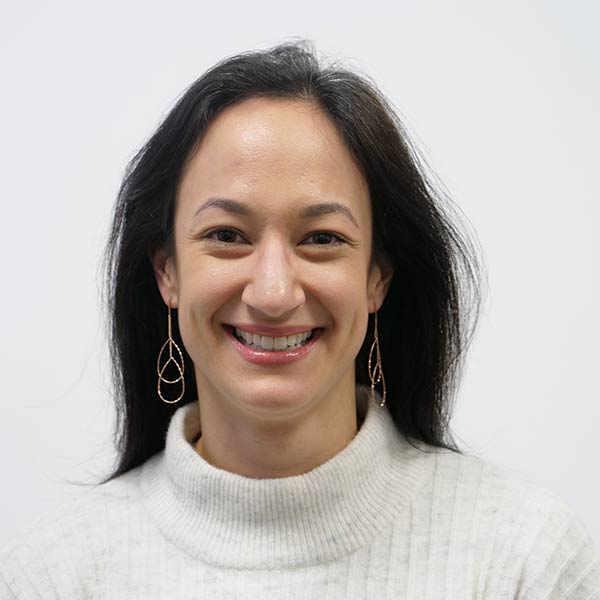My name is Chi-He Elder and I am a Leverhulme Trust Early Career Fellow researching at UEA in the school of Politics, Philosophy and Language and Communication Studies.

Research interests:
My area of research is in Linguistics. I specialize in the study of meaning in context, looking at how people use language to communicate implicit meanings, and how people recognize those meanings and understand each other when they communicate. While theories of meaning tend to assume that speakers perfectly understand one another when they communicate, my current project investigates cases of imperfect communication and their impact on theory. Is miscommunication always a bad thing? (No.) Does miscommunication ever go unnoticed? (Of course.) The challenge is to incorporate cases of 'productive miscommunication' into a theory of meaning such that it better reflects the cognitive processes of communication between speakers and hearers.
“…The Fellowship has offered a fantastic opportunity to engage in in-depth research that goes beyond phd work, build a network of contacts, and grow as a researcher.”
What appealed to you about your fellowship?
I was drawn to the Leverhulme Fellowship for the opportunity to focus on my own research interests and to follow a flexible research programme. The Leverhulme Trust emphasise their understanding that research doesn't always go as planned, and the annual review process allows you to reflect on what has gone well and what has gone less well and to adapt the research plan accordingly. The research budget is generous and has allowed me to travel extensively during the Fellowship and collaborate with international partners better than Skype can allow. There is also an opportunity to engage with a limited about of teaching which is great for keeping a range of academic skills up to date.
How's it going so far?
After two years of my Fellowship, I have made good headway with pursuing the goals of my project. I am working closely with collaborators both at home and abroad, and am working on both sole and co-authored publications relating to the project. I have spoken at various peer-reviewed conferences and have been invited to talk on my topic at specialist workshops as far afield as Australia, and closer to home at UEA. I am now thinking about next steps for the project at large, identifying further questions that the research has opened up, and which will lie beyond the scope of the Fellowship. Overall, the Fellowship has offered a fantastic opportunity to engage in in-depth research that goes beyond PhD work, build a network of contacts, and grow as a researcher.
“UEA is an inclusive and forward-thinking university, and is very supportive of individual scholarship.”
What's life at UEA like?
Norwich is a lovely place to live. I live in the city centre about three miles from campus, which is both a good distance away from work while being easily commutable. I love Norwich: it's got a cozy feel to it with its river and (many) medieval churches, while having all the conveniences of modern life: plenty of independent cafés and shops, as well as big shopping centers and supermarkets nearby. It's also got the Norfolk Broads on its doorstep, so there is no shortage of weekend nature walks available for when the city is too much, and London is a two-hour train ride away for when it's not enough. UEA itself is a lively campus to work at, with everything you need in one place: cafes, bars, a supermarket, bookshop, bank. The Sportspark is a fantastic place for a quick gym fix or to book a sports court, and the campus lake gives immediate respite from the hustle and bustle when you need a moment in the peace and quiet.
Any advice for would-be-fellows?
No advice except: do it! UEA is an inclusive and forward-thinking university, and is very supportive of individual scholarship. There are many opportunities for engaging in interdisciplinary research; the research community is very active, with various opportunities to meet other researchers. I regularly engage with meetings of the Qualitative Research Methods Forum and the Early Career Researchers Forum, as well as departmental seminars and research groups. There is no shortage of opportunity for getting involved in research-related activities, to the extent that the challenge is finding the time to do your research!
Chi-Hé's Project
My area of research is in Linguistics. I specialise in the study of meaning in context, looking at how people use language to communicate implicit meanings, and how people recognise those meanings and understand each other when they communicate.

)